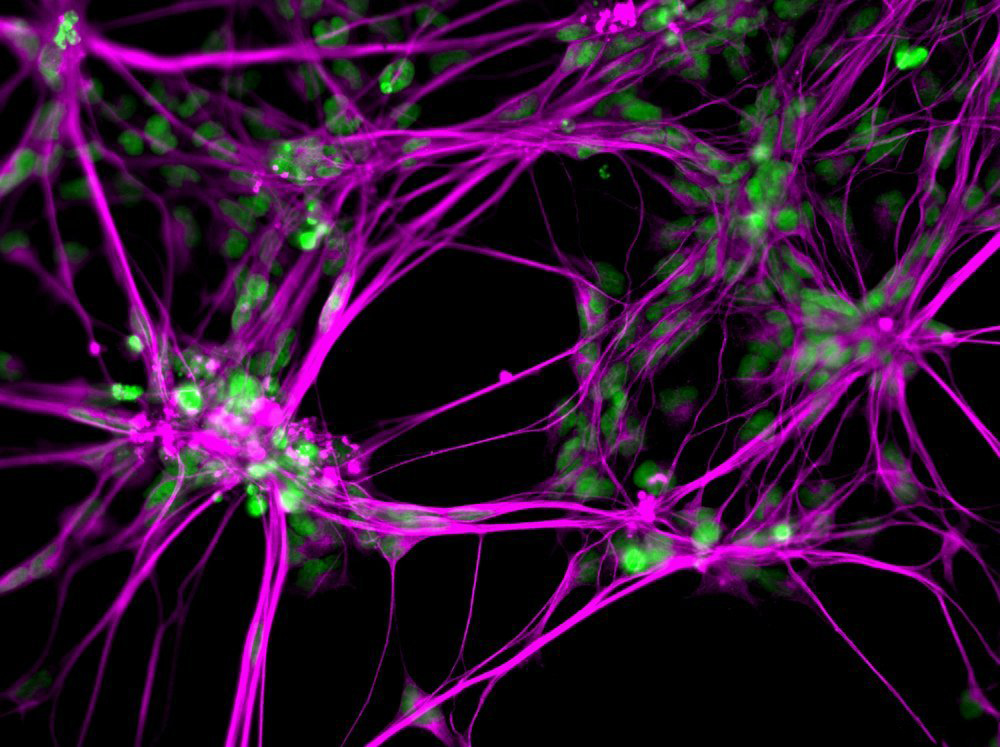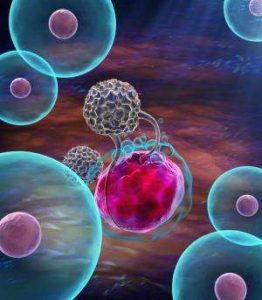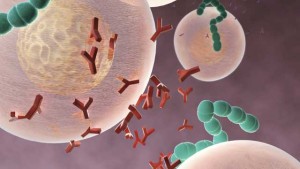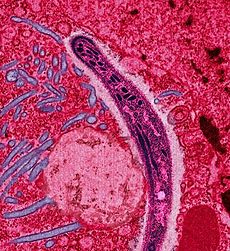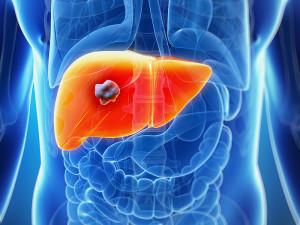Abstract
Myelination plays an important role in cognitive development and in demyelinating diseases like multiple sclerosis (MS), where failure of re-myelination promotes permanent neuro-axonal damage. Modification of cell surface receptors with branched N-glycans coordinates cell growth and differentiation by controlling glycoprotein clustering, signaling and endocytosis. N-acetylglucosamine (GlcNAc) is a rate-limiting metabolite for N-glycan branching. Here we report that GlcNAc and N-glycan branching trigger oligodendrogenesis from precursor cells by inhibiting PDGF receptor-α cell endocytosis. Supplying oral GlcNAc to lactating mice drives primary myelination in newborn pups via secretion in breast milk, while genetically blocking N-glycan branching markedly inhibits primary myelination. In adult mice with toxin (cuprizone) induced demyelination, oral GlcNAc prevents neuro-axonal damage by driving myelin repair. In MS patients, endogenous serum GlcNAc levels inversely correlated with imaging measures of demyelination and microstructural damage. Our data identifies N-glycan branching and GlcNAc as critical regulators of primary myelination and myelin repair and suggests oral GlcNAc may be neuro-protective in demyelinating diseases like MS…

